
Sustainability
As the international federation and global custodian of the sport of rowing, World Rowing is dedicated to use the power of sport to bring about positive change by activating and inspiring its communities to act, and contributing its share in the following UN Sustainable Development Goals.
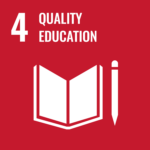 |
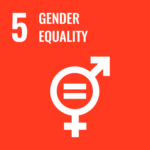 |
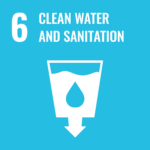 |
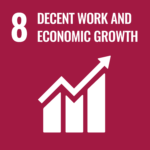 |
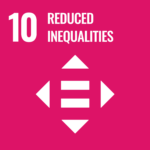 |
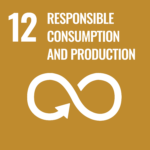 |
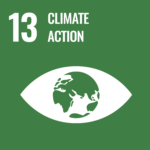 |
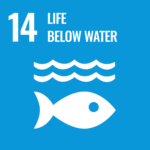 |
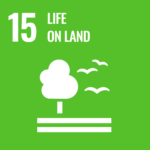 |
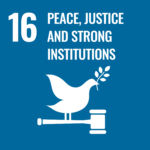 |
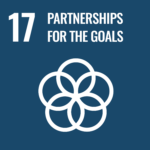 |
While practising our sport, we indeed inevitably impact the people, communities and environment around us. We therefore have a responsibility as rowers and administrators to protect and preserve all that we touch through our sport by minimising negative impacts and seeking to make positive impacts instead; World Rowing wants to accompany its communities in this endeavour to facilitate the positive contribution by rowers and rowing to the wellbeing of people, communities and the environment.
As an organisation, World Rowing integrates sustainability principles and objectives into its day-to-day operations and decision-making processes, striving to be a leader in this field among sports federations.
World Rowing’s sustainability strategy or “sustainability race plan” defines the seven key principles and the areas in which World Rowing wants to focus its efforts and attention when implementing its policy.
The six key principles are:
Clean Water
We protect the water bodies on which we row and promote the sustainable management of water resources.
We therefore commit to Clean Water and have a strategic alliance with WWF.
Biodiversity
We protect and restore freshwater and coastal ecosystems to preserve biodiversity.
Responsible consumption
We manage resources responsibly and sustainably and reduce waste in all its forms to contribute to SDG.
Climate action
We take action to combat climate change and its impacts by reducing greenhouse gas emissions.
Diversity, inclusion, fair and equitable treatment
We recognise the importance of heritage and indigenous cultural values ant promote fair and equitable practices as they relate to people involved in the sport
Partnerships, education and grassroots activism
We leverage the collective power of the international rowing community to address sustainability issues through communication, education and partnerships
————
Committing to Clean Water
With the increasing pressures on our environment and countless experts alerting us to impending crises, it is worth remembering that there is just one natural resource on which all life on our planet depends – but which most of us take for granted: H2O – Water. But for the 1.1 billion people who currently have no access to safe, drinking water, and the 4 billion for whom WWF projects it will be a scarcity by 2050, this shortage is a matter to be taken very seriously.
For this reason, any single body of fresh, clean water is already sought after by many different groups, whether by flora, fauna, industry, agriculture, municipalities or, those who just like to row.
Rowing is a clean water sport, and so rowers have a number of very good reasons to be part of the “Clean water movement”. On the one hand, our sport and its future depend on it; but on the other hand, we cannot be selfish in our approach to its use. As a sports federation, World Rowing believes that we all have a responsibility to apply environmentally-sustainable practices in the use and management of water. But we must do more and we must encourage others to do the same.
Fortunately, we have a great number of knowledgeable, experienced and enthusiastic people within our rowing family around the globe. And we know that sport is a very powerful means of communication to all age groups. So FISA has decided not to just take part in the debate, but to take a leadership position.
In 2011 we commenced a Strategic Alliance with WWF International (World Wide Fund for Nature). WWF is the world’s largest and most respected independent nature conservation organisation, with more than 5 million supporters and a network active in more than 100 countries across all continents. Since its creation in 1961, it has maintained a constant record of success. Today, WWF runs about 1,300 projects around the world at any one time and employs more than 5,400 people worldwide. WWF’s mission is to stop the degradation of the planet’s natural environment and to build a future in which humans live in harmony with nature.
Significantly, WWF is working to protect freshwater ecosystems and improve water access, efficiency, and allocation for people and the environment, which is why our partnership is a perfect fit in promoting clean water, one of the main priorities of WWF.

